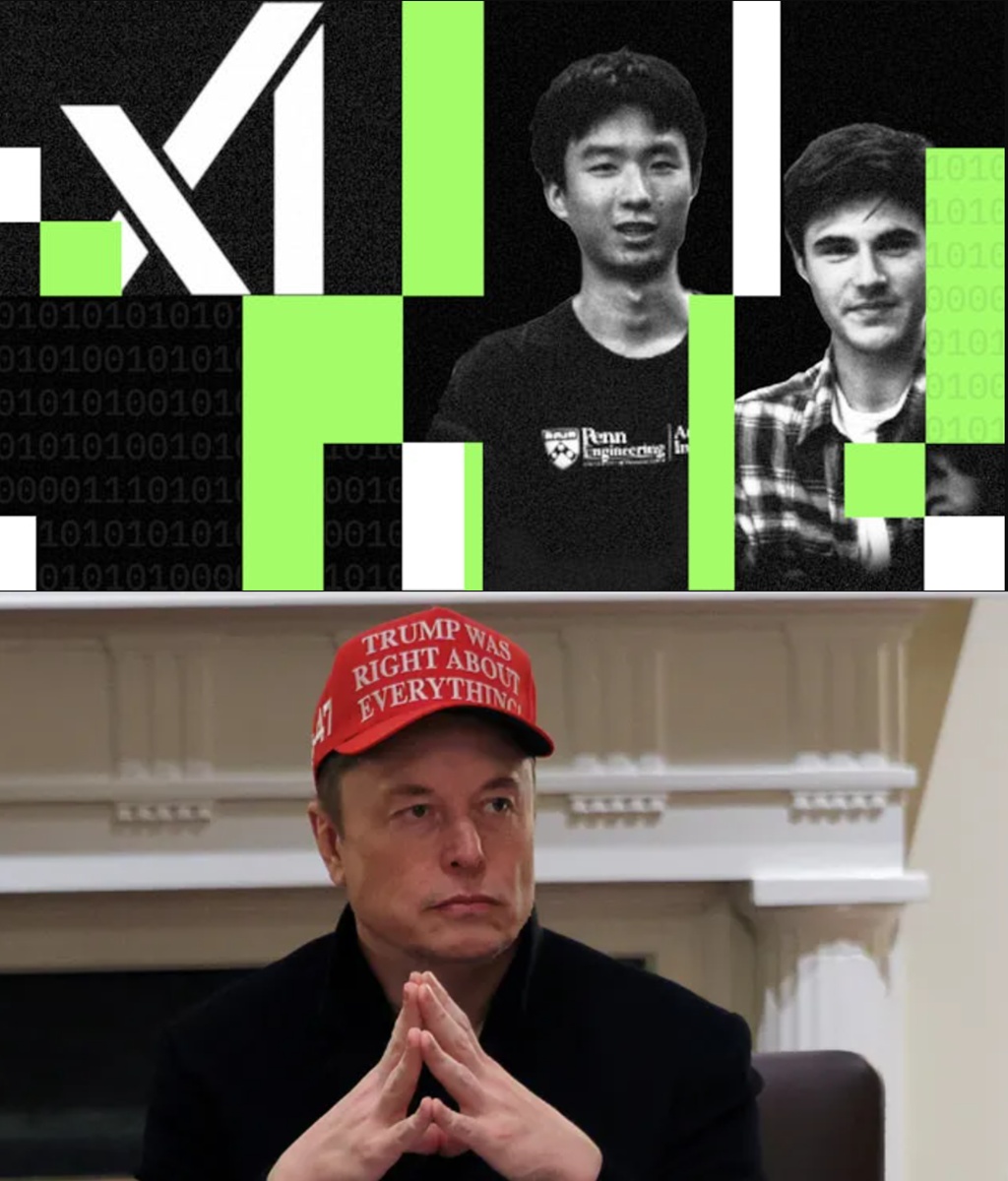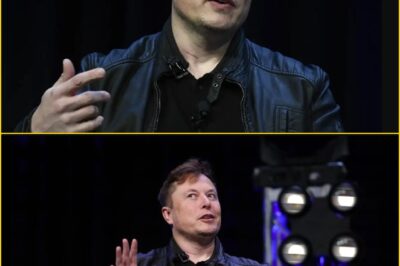Alex Chen would have been a junior at Penn this fall. But instead of preparing for another semester of exams, problem sets, and projects, the 19-year-old is in Palo Alto, Calif., where he’s been working for xAI since December 2024.
In an exclusive interview with The Daily Pennsylvanian, Chen detailed his journey from Penn to Silicon Valley, the culture of 1997 College and Wharton graduate Elon Musk’s artificial intelligence company, and Diego Pasini — his close friend and roommate, whose takeover of xAI’s data annotation team has drawn recent media scrutiny.

Chen and Pasini arrived at Penn in 2023 as students in the Jerome Fisher Program in Management & Technology — the highly selective coordinated dual-degree program that combines instruction from the Wharton School and the School of Engineering and Applied Science.
“I think both of us are pretty interested in not just [computer science], but more broadly, economics and the humanities. That’s why we chose M&T,” Chen told the DP.
Pasini did not respond to multiple requests for comment.
The two Penn students met during their first day on campus and bonded over the graphics processing unit that Pasini kept in his dorm room. Their mutual interest in building a machine-learning model from “scratch,” Chen said, was the foundation of their friendship.
In October of their sophomore year, the pair received an invitation to a hackathon cohosted by xAI and Replit — an AI-powered online platform which develops applications directly from a web browser — at xAI’s headquarters in Palo Alto.
“It was literally a week out before the hackathon. The company posted on Twitter, and we were like, ‘f**k it, why not?’” Chen recalled.
Chen said they “lobbied the hell out of our professors for money,” hoping someone would sponsor their project and cover travel costs. While the University offered “some funding,” Chen said that, at the “last minute,” a venture capital fund “suddenly slid in,” offering to cover the group’s full expenses.
Soon after, they left Philadelphia for San Francisco.
The event lasted for two days. Chen was on a team of four comprised of Pasini, another Penn sophomore, and a Stanford University graduate student. With what was “honestly more luck than anything,” Chen and his teammates won the hackathon’s grand prize.
A few weeks later, Chen and Pasini “called up the recruiters” at xAI with the hope that they could land internships. The response they got was that they would be put in “the pipeline” — a phrase used to describe the path towards a full-time job at the company. By late November of that year, they both received full-time offers.
“I didn’t really think this was possible. It was a very impromptu thing,” Chen said of the journey that brought him to xAI. “We got through the full-time pipeline, and that’s eventually how we ended up here.”
The two now share an apartment in Palo Alto. “It feels like we’ve been through hell together multiple times,” Chen said, adding that the experience “put us through the gauntlet and really bonded us.”
Unlike college, where it’s “easy” to “sit there” and let opportunities pass by, Chen said that life at xAI is “so much faster paced.” The free time he used to devote to reading, Chen noted, is now budgeted towards work.
“The amount of discussion here that happens — it’s not like you’re just slamming your keyboard all day. People discuss really interesting stuff. Some of the brightest people from all over come together here,” Chen said. “The people we’ve been exposed to here are really amazing, and they kind of change the way you think about what’s possible.”
Initially, Chen and Pasini were placed on the “product team,” which was tasked with taking AI models and turning them into “interesting products like grok.com, Grok on X, and so on.” Eventually, they were moved towards the “research side” — though Chen qualified the terminology with the statement that “Elon actually thinks there’s no researchers, it’s all engineers.”
“The first few weeks were almost like a culture shock, but in the best way possible,” the 19-year-old said. “I think this company stands out for selectively hiring people who want to work extremely hard.”
Chen identified himself as a member of the “technical staff” at the company and declined to clarify further. His journey to his current position on the “Post-Training Team” — what he described as the “final step of training that teaches the model how to answer user instructions the way we want it to” — began in January, when he was on the “product side of things.”
“The borders here are very loose. Wherever you show competence, you can just work on it,” Chen said. “We do all sorts of things, jumping between product and the training side.”
According to Chen, Pasini has since made his way to the Human Data Team — a team that Business Insider has reported Pasini now runs.
“I think the media has always been pretty brutal about xAI. It’s kind of expected,” Chen added. “Who cares? It’s not going to change anything, the way we operate. I’m not too affected.”
Chen described the “typical Elon hiring method” as being less about “traditional credentials” and more about a person’s ability to “just deliver.”
“The atmosphere here is extremely fast-paced, and everyone’s held to a very high level of competence. It’s more about can you go from point A to point B, whatever it takes,” Chen said. “We don’t really care how smart you are or how you scored on this or that.”
Despite xAI’s reputation for demanding schedules and generating burnout, Chen described the work environment positively.
“I think there’s a misconception where Elon companies are just like slavery,” he said. “We do work a lot, but to be honest, it’s very exciting to be in the office. The energy is fantastic.”
Chen attributed the “fun” and “dynamic” environment at the office to the company’s age demographic. He observed that most of the people at xAI are “very young,” adding that he believed it was a common characteristic of employees at “most AI labs.”
“For both me and Diego, it’s probably the best work environment by far that we’ve ever been part of. We’re very grateful for that,” Chen said.
Chen also defended Musk’s reputation, which has swung sharply over the past year as the tech billionaire aligned himself with far-right politics and assumed leadership over 1968 Wharton graduate and President Donald Trump’s Department of Government Efficiency.
At xAI, Chen works alongside Musk, though the two have never “directly” discussed their shared educational backgrounds.
“Honestly, Elon is a really good person. He’s a lot more cool and chill than you would think. But he definitely has very high standards and is very sharp,” Chen said.
While acknowledging that Musk is “highly politicized,” Chen emphasized that “no one here thinks about that too often” — adding that it “doesn’t affect the way [Musk] operates.”
For Chen and the people he’s worked with, the focus is on the work, and not the “nonsense stuff that floats around.”
“We’re here to build AGI and work on amazing things. The politics don’t really come into play,” Chen said. “The goal is building great AI products, building great models.”
Chen said that his plans for the future are an “interesting decision” that he has yet to make a choice about.
“I think it really depends on how things go, but I have a lot of faith in what xAI will achieve. It’s really unknown, to be honest; it’s kind of just like an open future,” Chen said. “I don’t feel lost at all in that sense. I’m pretty happy.”
News
“He Said What Everyone’s Been Thinking!” — Rylan Clark’s Defiant Stand Sends Sh0ckwaves Through ITV as Fans Rally Behind the Star
Rylan Clark has once again found himself in the middle of a media firestorm — and this time, his words…
Rylan Clark Fights Back: ‘I’m Tired of Being Categorized!’ — This Morning Host Confronts the Storm After Controversial ‘Small Boats’ Debate
After weeks of headlines, criticism, and online attacks, Rylan Clark has finally spoken out about the controversy that erupted following…
Rylan’s Breaking Point: After Years of Smiles, He Explodes Over Backlash — And Threatens to Expose What He Says Must Be Brought Down
When a public figure decides to abandon the polished façade, often what emerges is far more raw and revealing than…
When the Woman You Love Becomes a Stranger: Martin Frizell Speaks Out As Alzheimer’s Steals Fiona Phillips — His Heartbreaking Admission Hits Hard
Every word from Martin Frizell seems to carry the weight of a world he never expected to live in. He…
From Candy on the Corner to Commanding the Cosmos: How Elon Musk’s Childhood Hustle Became the Fuel for a Trillion-Dollar Empire
The story begins not in a boardroom, but on a dusty street corner — where a young boy handed out…
From Billion-Dollar Mansions to a $50,000 Tiny Home: Why Elon Musk Traded Luxury for a Life Measured in Square Feet, Not Status
At first glance, it sounds like satire: the world’s richest man — worth over $333 billion — living in a…
End of content
No more pages to load












